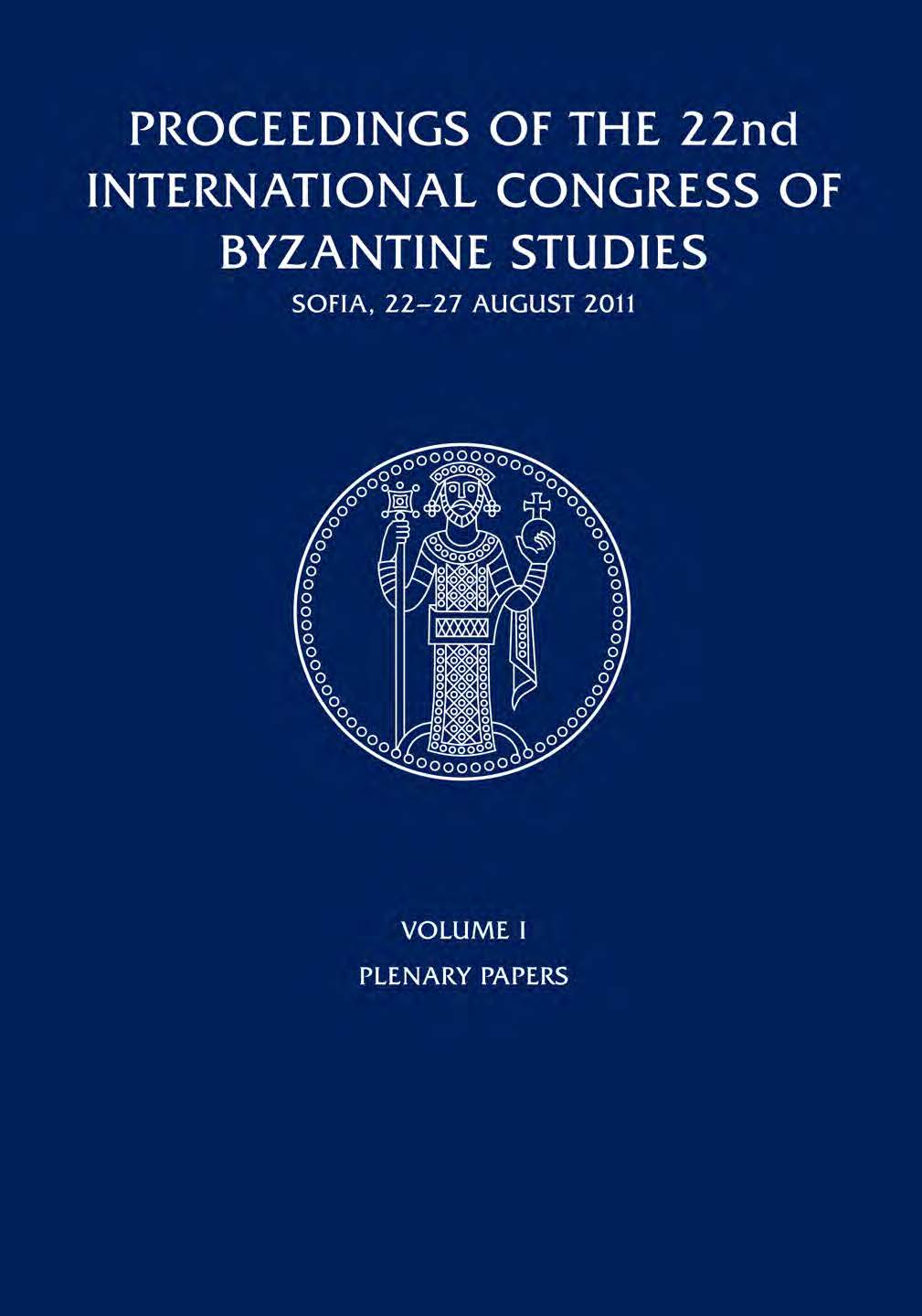
We kindly inform you that, as long as the subject affiliation of our 300.000+ articles is in progress, you might get unsufficient or no results on your third level or second level search. In this case, please broaden your search criteria.





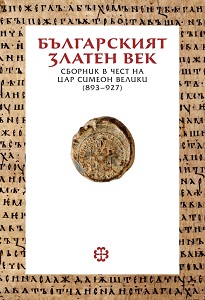




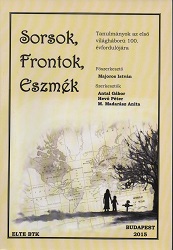
As to my personal project plan for the coming six years on the issue of present concern, I shall in the following present my hypothesis––a hypothesis which is about to take shape, while I am looking up for a moment from behind the heaps of books taken from my bookshelf. The reason why I shall submit my hypothesis at this stage is that I hope that you might prompt me––by expressing your appreciation or doubts to what you read––to advancing new perspectives and new ideas.
More...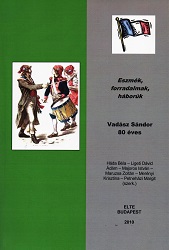
Sándor Vadász was 80 years old in 2010. His colleagues greeted him with studies. At the end of the volume there is an interview with professor Vadász about his life.
More...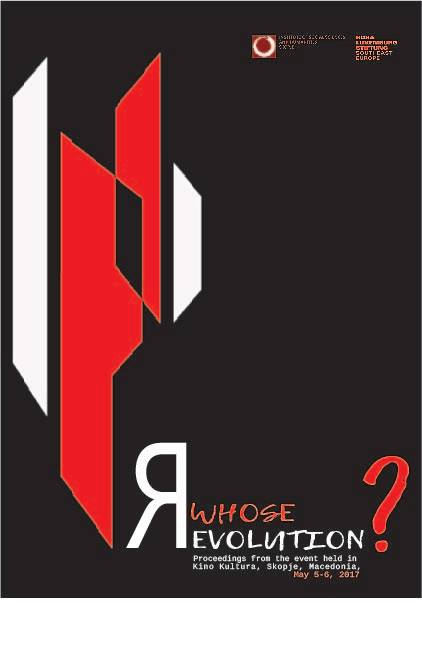
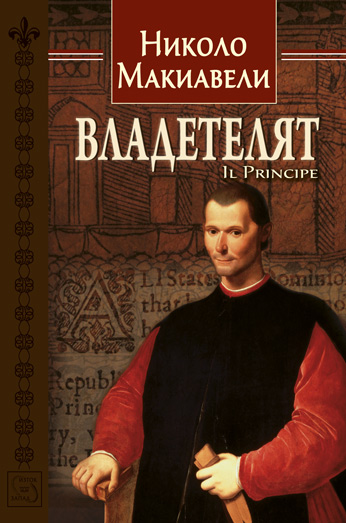
„The Prince” was written by Niccolo' Machiavelli in the 1500s. It has continued to be a best seller in many languages. The Prince is a classic book that explores the attainment, maintenance, and utilization of political power in the western world. Machiavelli wrote The Prince to demonstrate his skill in the art of the state, presenting advice on how a prince might acquire and hold power. Machiavelli defended the notion of rule by force rather than by law. Accordingly, The Prince seems to rationalize a number of actions done solely to perpetuate power. It is an examination of power-its attainment, development, and successful use.
More...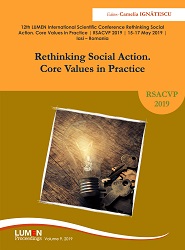
Proceedings Volume: 12th LUMEN International Scientific Conference Rethinking Social Action. Core Values in Practice | RSACVP 2019 | 15-17 May 2019 | Iasi – Romania
More...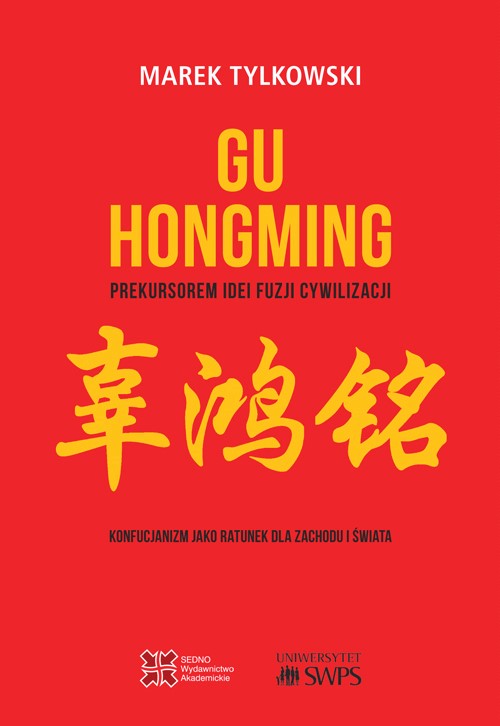
An intellectual biography of one of the most influential Chinese political and social thinkers at the turn of XIXth/XXth centuries.
More...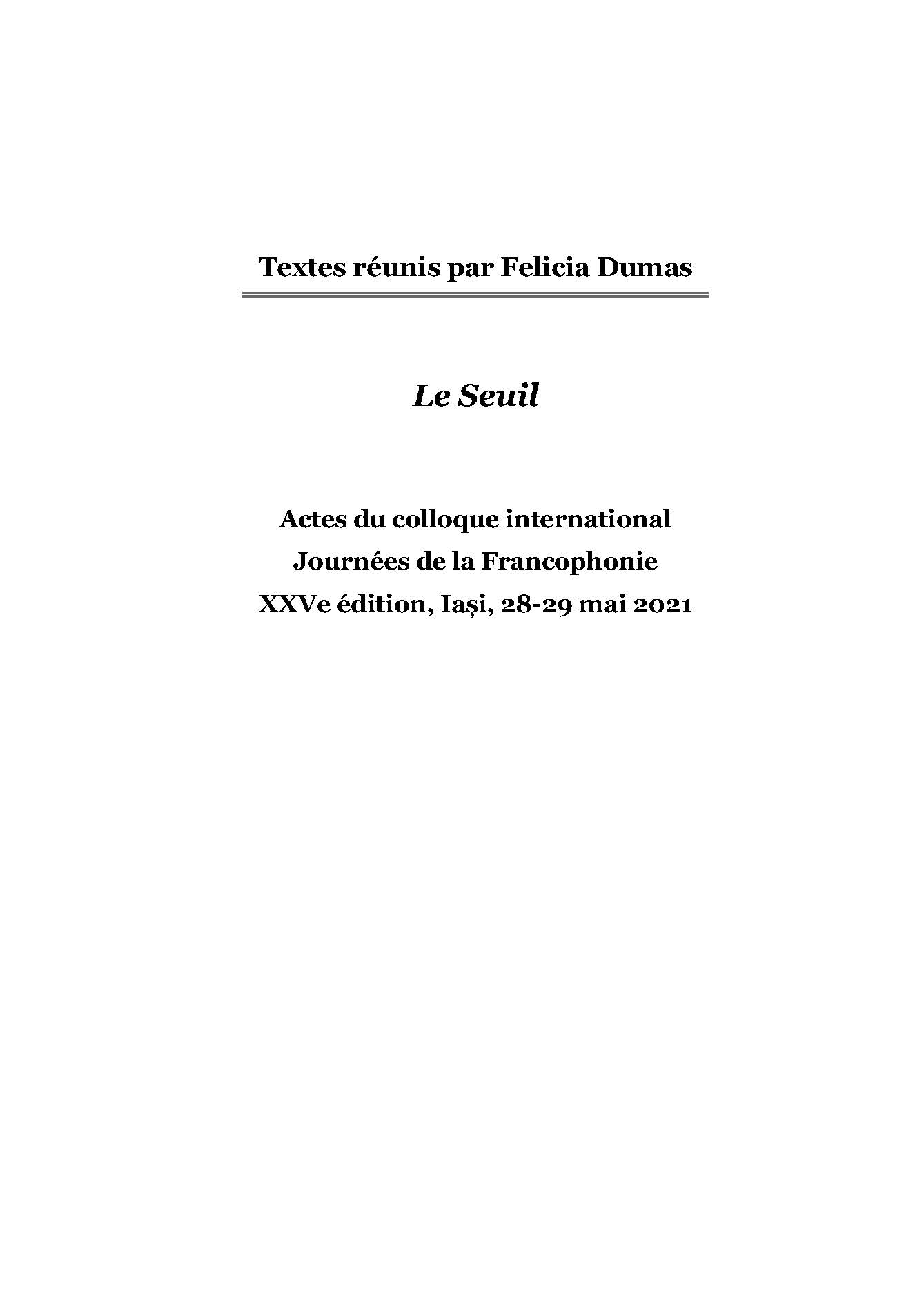
For religious and cultural reasons, from the 2nd Millennium onwards, lexicographic activity has experienced very significant development. If the first dictionaries in the West were the threshold for the understanding of religious texts, later, with the more and more frequent exchanges between East and West, bilingual dictionaries appeared, this time as a cultural threshold, with a modern language as the main language and emphasizing technical terminology rather than religious terminology. In our paper we will briefly present the evolution of dictionaries and then identify some specialty papers on religious terminology in Romanian and French. We will focus on the issue of translations from Romanian into French in the manner presented by Felicia Dumas in her papers, as well as the threshold represented by specialty dictionaries in religious translations, when talking about the representation of the Orthodox Christian religion in the French language. We will also present a comparative analysis between two French-Romanian bilingual dictionaries published in different centuries, to feature the threshold between the past and the present and the way in which the religious terms of an old dictionary are still taken up in another more recent one, despite developments and trends to remove them throughout history.
More...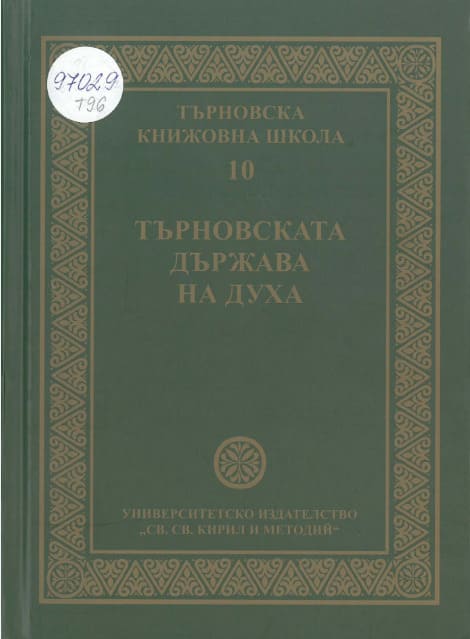
The 𝑇𝑎𝑟𝑛𝑜𝑣𝑜 𝐿𝑖𝑡𝑒𝑟𝑎𝑟𝑦 𝑆𝑐ℎ𝑜𝑜𝑙 collections contain reports from the recurrent international symposium “Tarnovo Literary School”, which is the oldest and most respected forum on Old Bulgarian studies in Bulgaria and worldwide. It was held for the first time in 1971 under the auspices of UNESCO, and the first collection of articles came out in 1976. The𝑇𝑎𝑟𝑛𝑜𝑣𝑜 𝐿𝑖𝑡𝑒𝑟𝑎𝑟𝑦 𝑆𝑐ℎ𝑜𝑜𝑙 collections are among the most cited editions in the fields of Old Bulgarian studies and research into medieval Bulgarian spiritual and material culture from its pre-Tarnovo and Tarnovo periods, as well as on the cultural and literary ties between Byzantium, Bulgaria, and the Eastern Orthodox Slavic world. The main purpose of 𝑇𝑎𝑟𝑛𝑜𝑣𝑜 𝐿𝑖𝑡𝑒𝑟𝑎𝑟𝑦 𝑆𝑐ℎ𝑜𝑜𝑙 is to publish scholarly articles by Bulgarian and foreign researchers in the field of interdisciplinary medieval studies in order to explore the cultural and historical heritage of the Second Bulgarian Empire.
More...
The practice, connected to the transferring of relics, imported to the Bulgarian tradition from Byzantium, can be treated as a part of Bulgarian rulers’ “Empire idea”, which has changed at the beginning of 13th century. The formation of an independent pantheon of saints helps to successfully Trinova’s competition with Constantinople and striving for the Bulgarian capital to become “Third Rome”. After the conquest of Constantinople by the Latins in 1204, Bulgarian empire has claimed to be new Christian centre in the Balkans. The construction of its own pantheon of saints’ relics is a necessity for realization of the Bulgarian tsar’s imperial claims. The creation and following of this tradition led its beginning of the military actions and become a part of the ideological platform of the Bulgarian tsars.
More...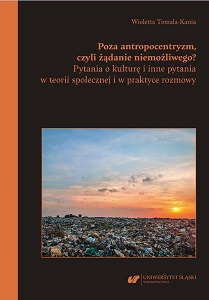
The book Beyond Anthropocentrism, i.e. Demand for the Impossible? The Questions of Culture and Other Questions in Social Theory and Practice of Conversation concentrates on man and his psycho-physical condition, taking special account to its ethical consequences for the world and himself. However, the book also tries to make him leave his privileged status. The monograph is divided into three parts. Chapter 1: Culture in Theory presents essential findings focused on the key term, “culture”. Chapter 2: Culture in Practice presents seven in-depth interviews conducted in the years 2020–2021 with the researchers representing a spectrum of different scientific disciplines: Ewa Bińczyk, Katarzyna Dembicz, Bogumiła Lisocka-Jaegermann, Joanna Ostrowska, Hanna Rubinkowska-Anioł, Jolanta Sujecka, Anna Ziębińska-Witek. In Conclusion, the fundamental problem of the posthumanistic (non-anthropocentric) vision of the world is paid attention to.
More...